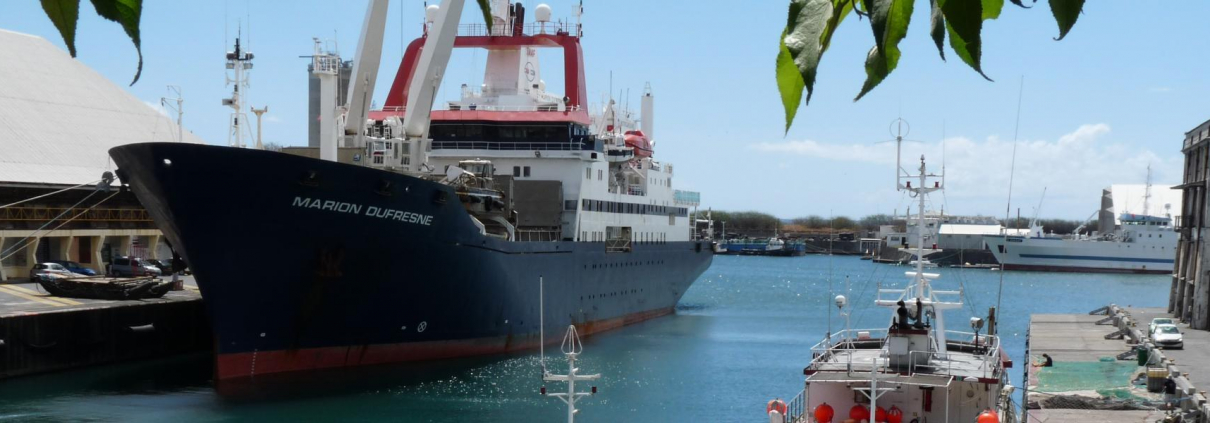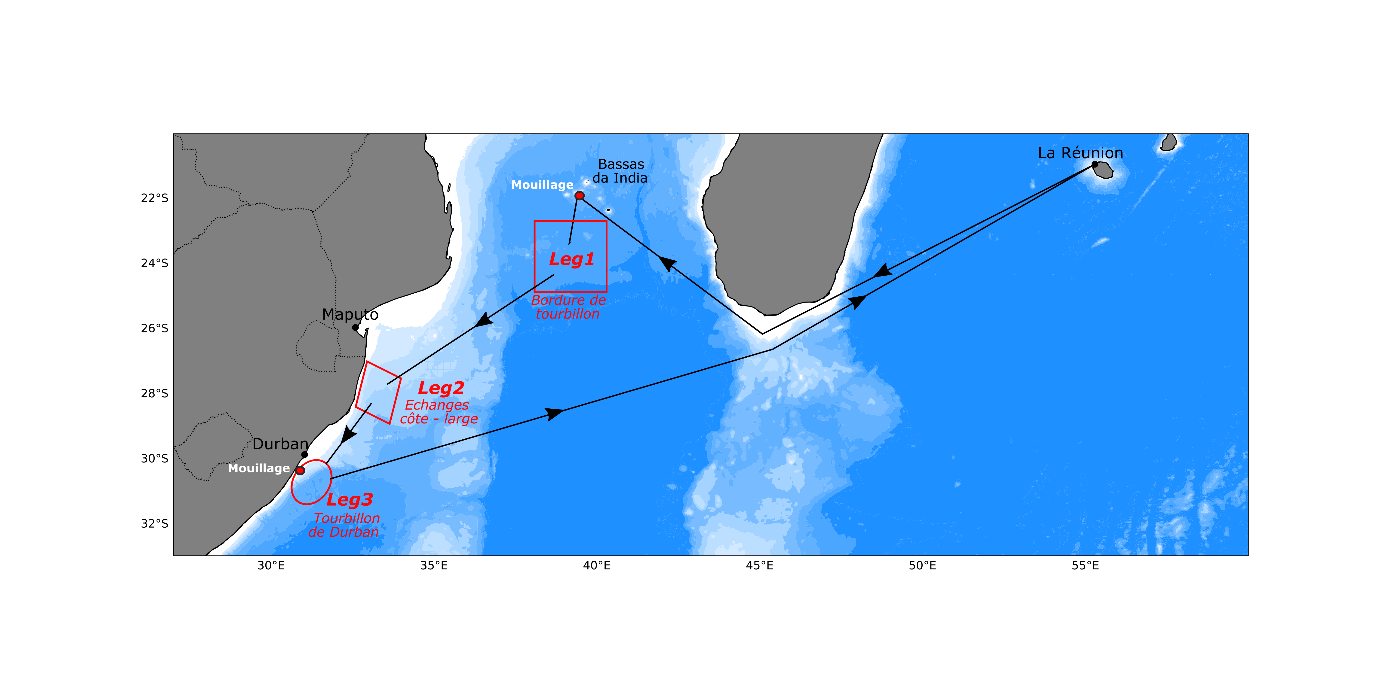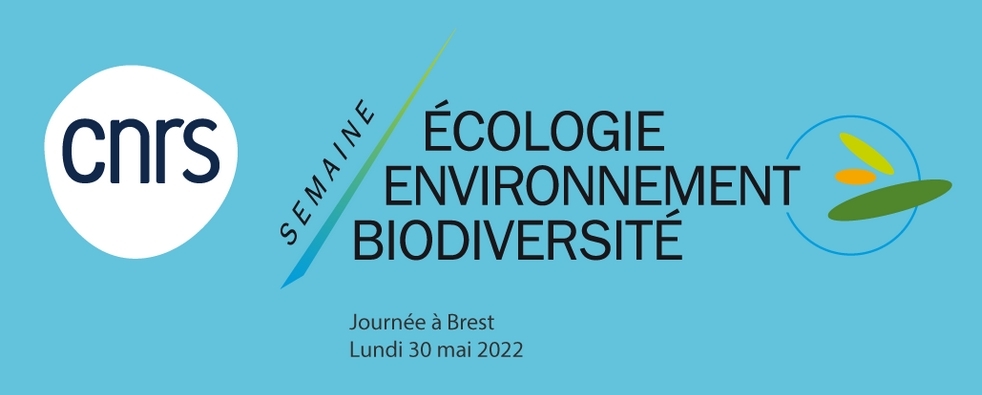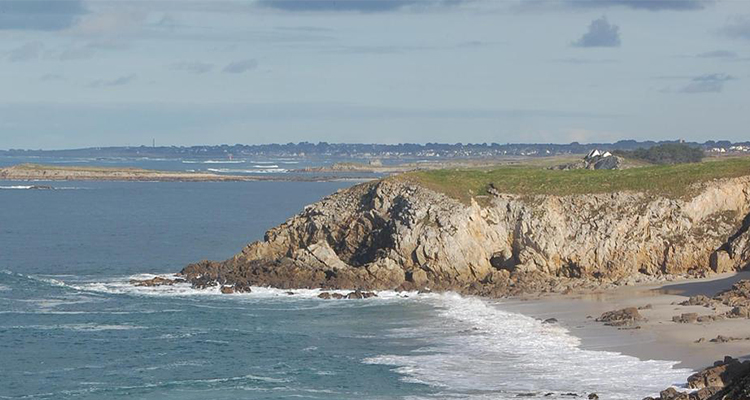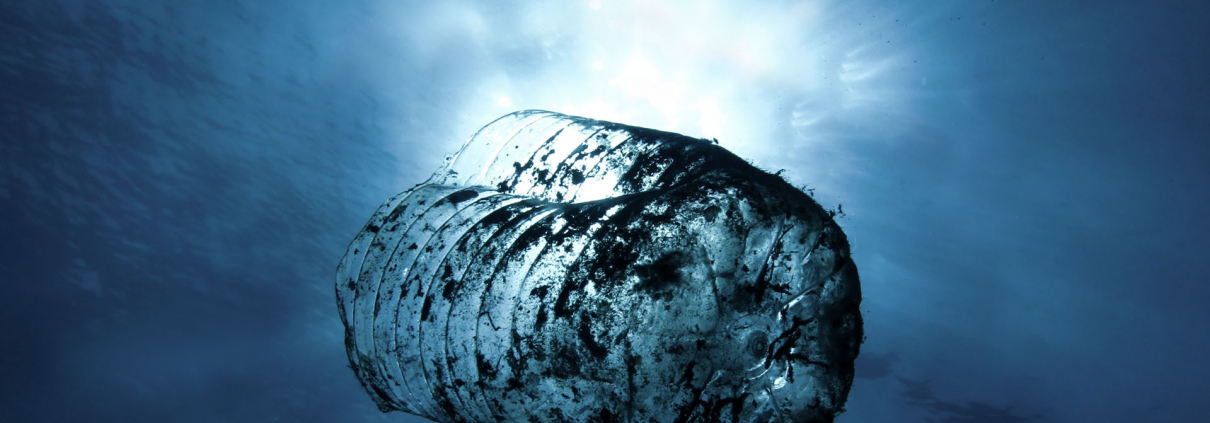Launch of the High Council for the Climate in Brittany (HCBC)
At the initiative of the Region, the Haut Conseil Breton pour le Climat (High Council for the Climate in Brittany) (HCBC) will be responsible for informing the political choices of regional elected officials in terms of climate change. This consultative body, bringing together 20 experts, whose creation was acted during the Regional Council meeting of 24/02/2022 to 26/02/2022, was installed this Friday 13 May in Rennes, for 6 years, by President Loïg Chesnais-Girard.
Among the experts, two are members of the IUEM, Anne-Marie Tréguier CNRS oceanographer at LOPS, and Luis Tito de Morais marine ecologist from IRD, former director of LEMAR.
Anne-Marie Tréguier co-chairs the HCBC with Vincent Dubreuil, Professor of Geography at Rennes 2 University.
Find some of the media coverage here:

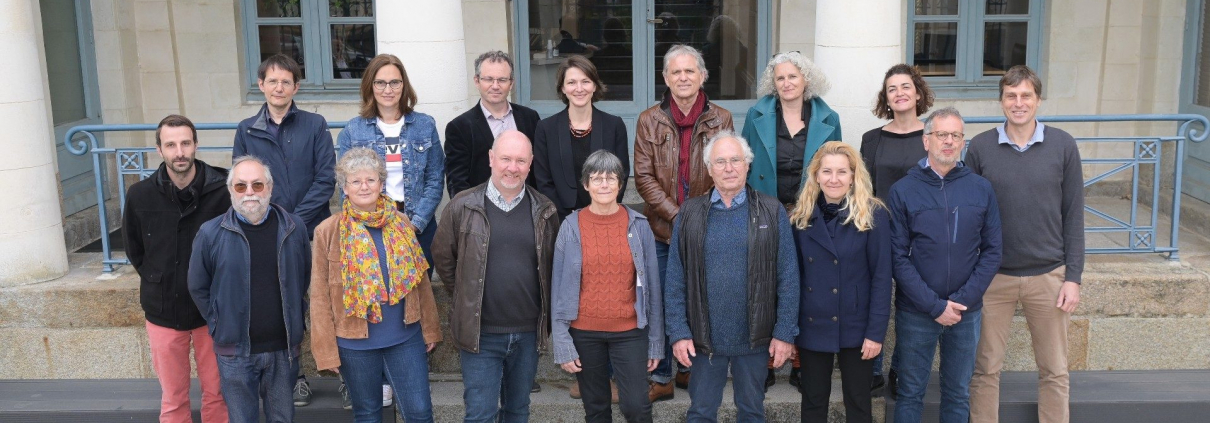 Thomas Crabot - Région Bretagne
Thomas Crabot - Région Bretagne